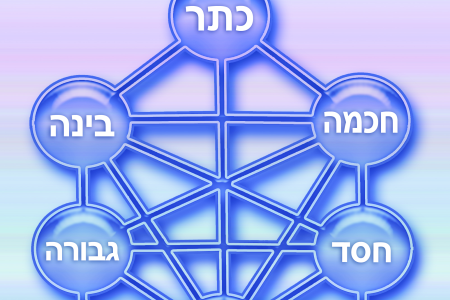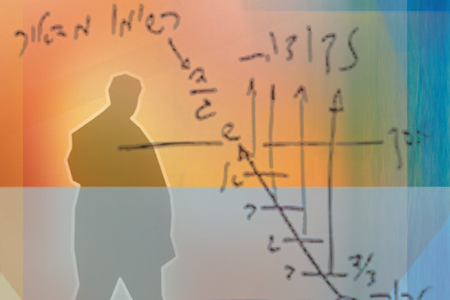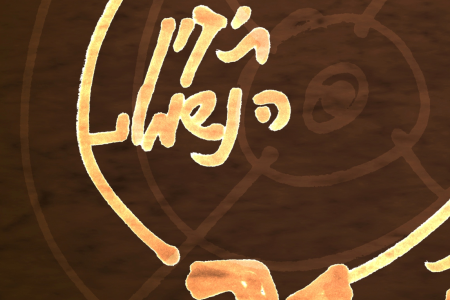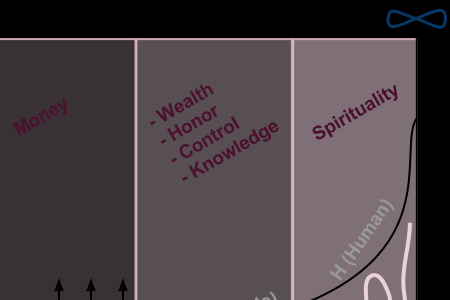
The process of the development and birth of the soul can be favorably compared to the same process that occurs in human beings. The soul is born out of a spiritual seed, which is developed by the Light that descends on a person when studying Kabbalah. The point in the heart then begins to inflate and expand under the influence of that Light, and finally evolves into ten complete attributes Kabbalah calls Sefirot; the complete structure of the soul is called a Partzuf, or a Guf (body) of a soul. The Upper Light (the sensation of the Creator by the creature) is drawn into those ten attributes, or Sefirot. This is how a person begins to feel the spiritual world, the Upper One, the Creator.
Sefirot as Vessels of Perception
Everyone is born into this world with the same five senses: seeing, hearing, feeling, tasting and smelling. Since we all have the same senses, we all see this corporeal world in the same way. But what are we really feeling through these senses? We are feeling our desire to enjoy, the desire for pleasure. This desire manifests in all five senses at once and is experienced on five different levels:
1. Animate pleasures from sex, family and food.
2. Pleasure from wealth and social status.
3. Pleasure from power (control) and fame.
4. Pleasure from knowledge.
5. Pleasure from the Creator.




